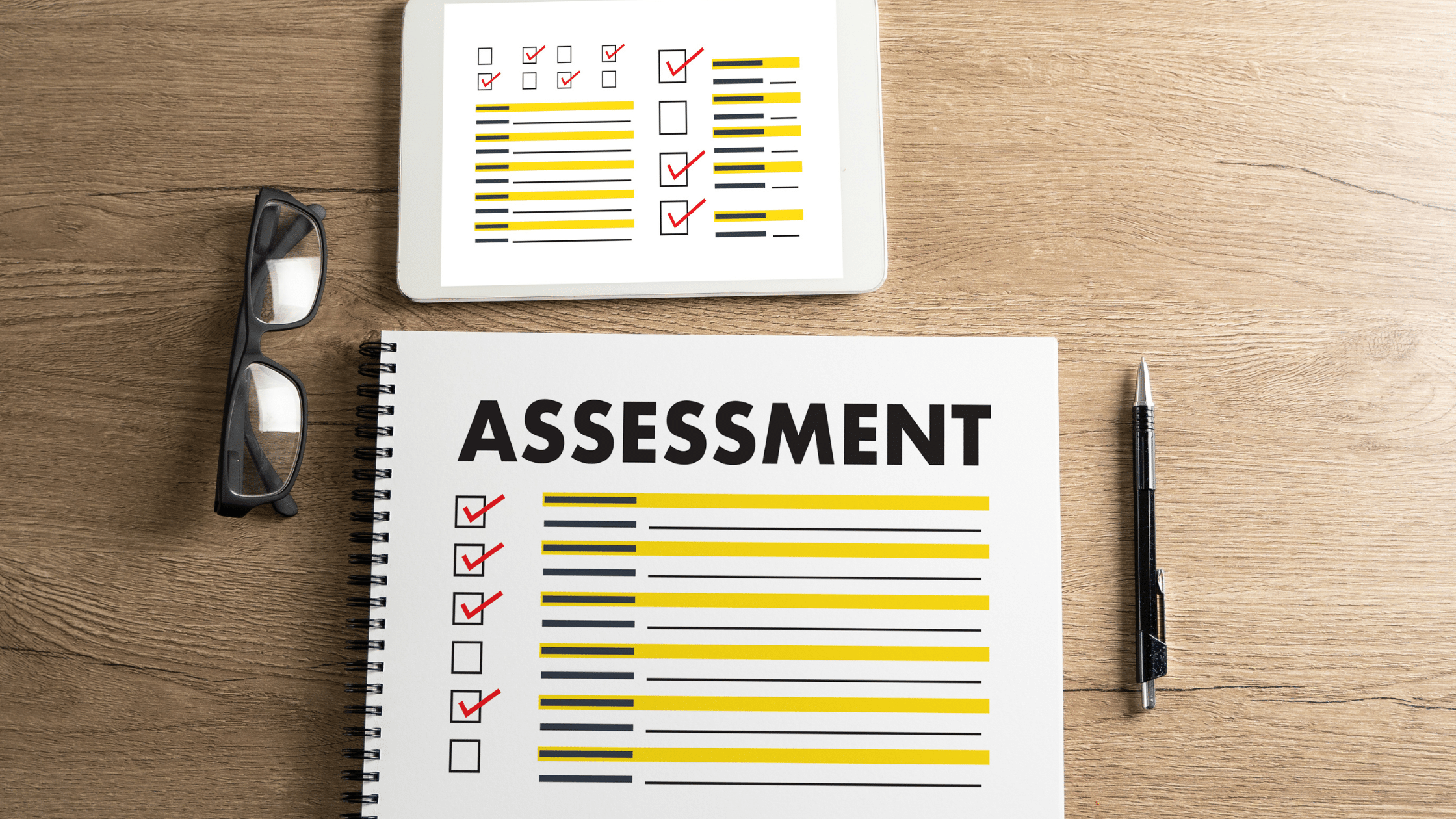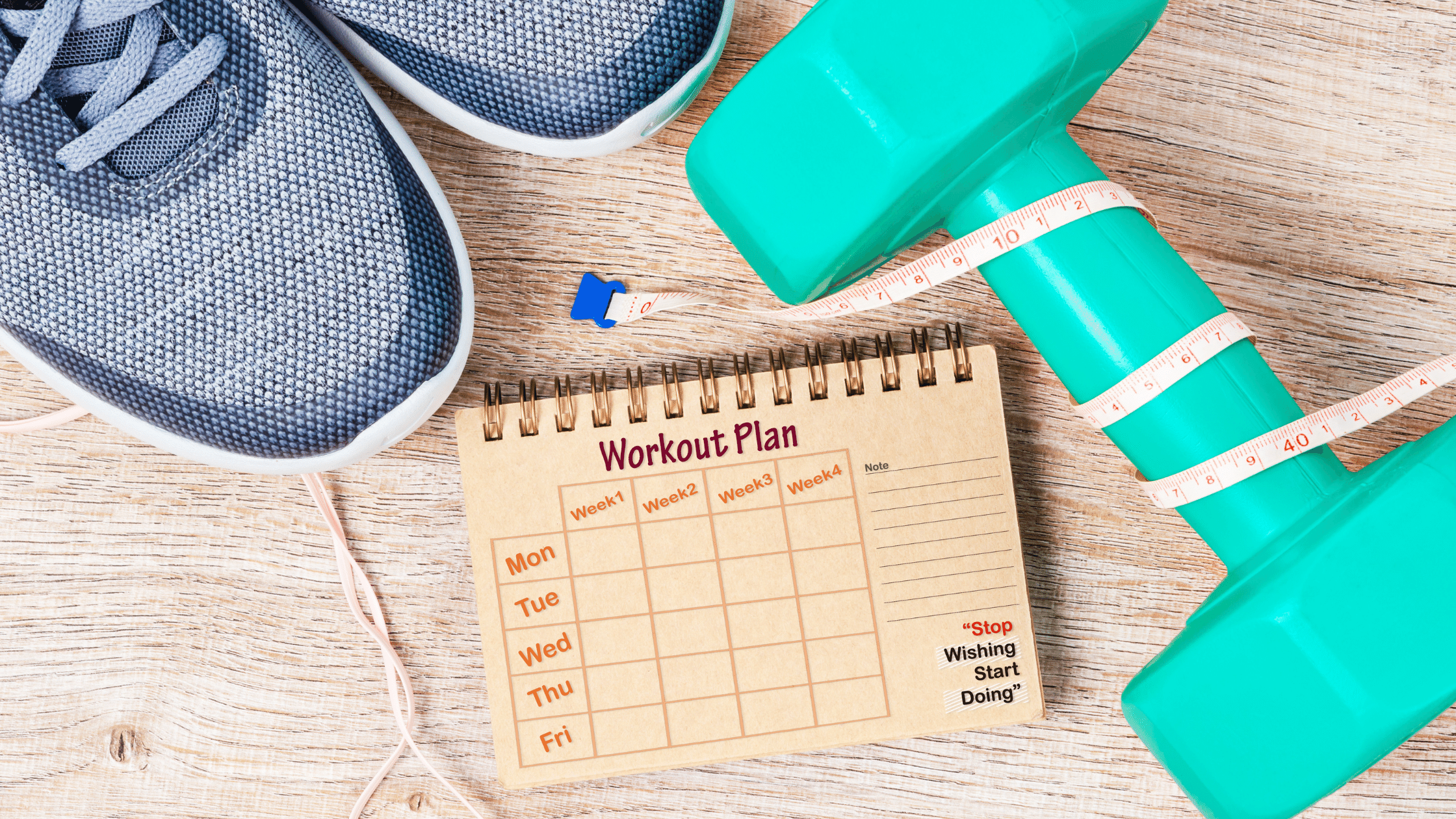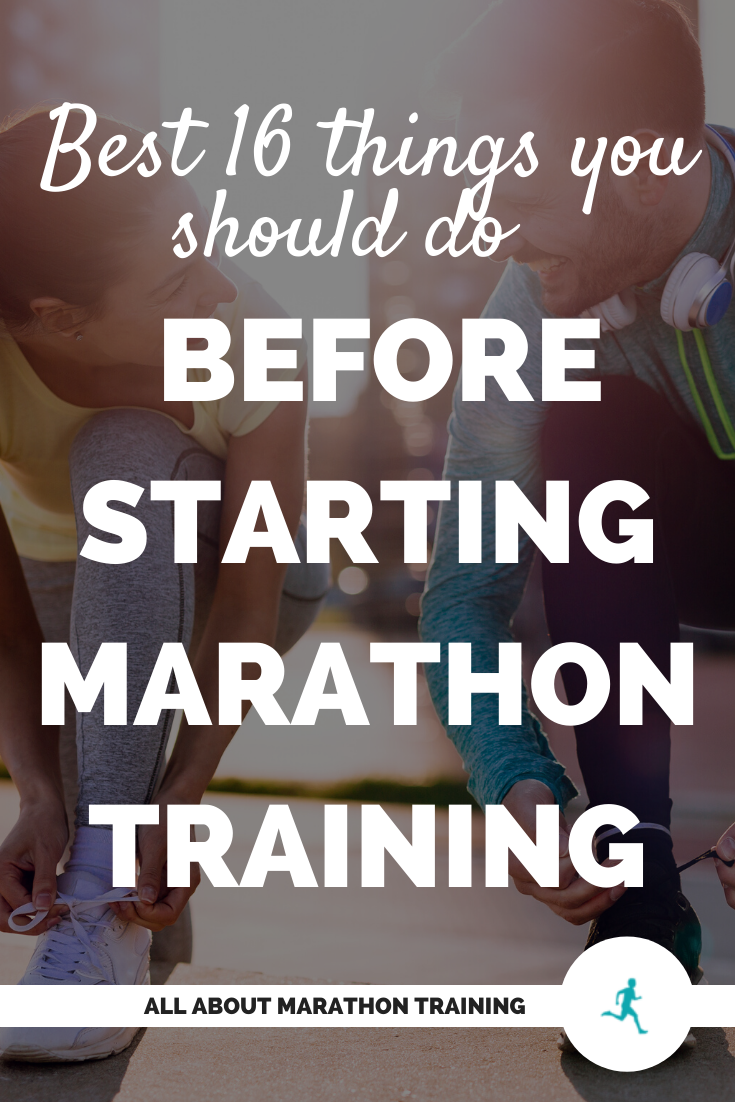Top 16 Things to do before you Begin marathon training
What you do before you begin marathon training will depend on what level of running you are at right now.
On this page, I will give you some recommendations on what you
should do before you begin a marathon training program depending on if:
- if you are not a runner at this point in time and would basically be going from couch to marathon OR
- if you have been running for awhile and perhaps even already completed a marathon or other distance race
I will then share 16 things you should consider doing before starting a marathon training program.
Lastly we will discuss:
- How many miles you should be comfortable with running at one time and
- What your weekly mileage should be before beginning your marathon training plan
Ready?
Let's first assess where you are at in the running realm to determine what you should do before beginning marathon training!

Are you going from couch to marathon?
If you have no running fitness behind you then I would recommend doing some base or functional training before you begin a marathon training program.
Basically, you just need to get out there and start running!
You want your body adapted to running at least 3 to about 5 times per week.
Here is a guide on how to go from couch to marathon + training plans to go with it!
If you know that you cannot physically run at all or only for a couple minutes then follow these guidelines:
1. Start walking at least 3 times a week
2. Bump this up to 4 times when you are ready.
3. When you are comfortable with walking multiple times a week then start to implement run/walking.

What is run/walking
I have a whole guide just on run/walking right here!
However, in a nutshell this is what run/walking consists of.
Run/walking is walking for a couple of minutes and then running for a couple of minutes.
The goal is to increase the duration of your running segment and decrease the duration of your walking segment until you can consistently run and get rid of the walking portion.
For example:
Walk for 4 minutes, run for 1 minute.
When this is beginning to feel comfortable to you start walking for 3 minutes and running for 2 minutes.
Eventually start walking for 2 minutes and running for 3 minutes, etc.
Of course many marathoners will run/walk their marathons so maybe this is the style of running you will want to stick with while you are training.
Once you can do this, then you are ready to start increasing the duration of your runs.
When you reach the point of being able to run/walk or run 30 minutes without stopping, go ahead and start focusing on your mileage.
This would also be a good time to sign up for some shorter distance races.

Setting shorter race distance goals
Of course the 5K is a perfect goal for someone working with a couch to marathon goal.
Completing a 10K is definitely a big deal for those who have never run 6 miles!
A half marathon will take a bit more training time but will help to calm overwhelm that a runner might have towards running a full marathon.
Crossing a half marathon finish line will usually help a runner to see that training and running a marathon is an achievable goal!
If you wanted to you could also incorporate a half marathon race (or even a 10K) race into your marathon training plan.
Don't feel like you must run in a half marathon race though before the marathon.
If you are getting your long runs done, properly fueling your body and have a positive outlook then you will do just fine in the marathon race without this stepping stone.
Have you been running for a while or are you an intermediate or advanced runner who has already run a marathon?
If you have been a runner for a while (several months to a year) and perhaps you have previously run a marathon or two, or three, then your main goal will be to keep that running base and your fitness level so that you are not starting over at ground zero.
This can be done by continuing to run 3-5 times a week or including more aerobic type workouts into your weekly routine.
Of course what you do exactly will be different from runner to runner and whether you will be training for a time goal or running a recreational race the next go around.
Therefore one of the first things to do is to ask yourself what your goal will be for your next marathon.
This will help you determine what you need to be doing to get set yourself up for a good marathon training period.
16 of the best things you can do before you begin marathon training
FOR ANY LEVEL RUNNER:
1. Assess where you are at in your running fitness.
Hopefully the information above helped you to determine this and what needs to be done at this point.
Determining your fitness level will help you figure out where you need to be before you begin training.
Here are some things to consider:
- Do you need to start run/walking and transition to full running?
- Do you need to add some strides or hill sprints to help prep your body for a more rigorous round of speed training?
- Do you need to build your endurance and mileage a bit more in order to be able to begin your marathon training plan at the right level?
- Do you want to train your body to run a bit faster? (Here are some great tips on how to run faster over on Sheebs!)
Think about what will make that jump into marathon training easier for you when the time comes.

2. Hone in on any weak areas of your body and include extra strengthening in these areas.
This can be the beauty of being a long time runner.
You know what areas bother you or hold you back and therefore you can target these areas!
You will want a strong body especially to protect yourself from over-use injuries which runners are very susceptible too.

3. Going along with #2, properly rehabilitate any injuries whether full blown or lingering.
Maybe this is the time to do some extra physical therapy or book some chiropractor appointments.
Marathon training demands so much of your time, therefore front load this time when you are not officially training with any appointments that you know you need to make but just don't have the time for when you are training.

4. Focus your cross training on strength training (especially any weak areas of your body) and exercises that elongate your body such as Pilates and yoga.
You may even take this time when you are not running super high mileage to really get in extra stretching sessions.

5. Get your head in the game.
Find some running books, subscribe to a running magazine, listen to podcasts or binge watch some marathon YouTube videos.
Find what speaks to you.
There are a billion running quotes, books, movies, podcasts, pictures, stories, etc.
You need to find the ones that inspire YOU.

6. Find your marathon training plan.
I suggest doing this several weeks before you begin training so you can really find the right one.
It's also good to assess the plan, what it's going to ask of you, how far your first long run will be and figure out any adjustments to your schedule that you know will have to be made ahead of time.

7. If there is a long time between your marathon races then consider doing a shorter race such as a 10K race or a half marathon.
This will help to keep your body in tune, give you a feel for the race atmosphere and experience and keep you motivated and excited for what's to come!
Running a race (depending on where you are coming from in your running year) can be such a great stepping stone into a marathon training plan so be sure to catch the offer at the bottom of this email if you want to challenge yourself to a half marathon soon!

8. Write down your goal and your WHY for training for a marathon.
Give this purpose and thought. It should be a strong motivator for you while in training.
Write it down in your running log or hang it somewhere visible.

9. Consider your mental outlook on marathon training and set realistic expectations for yourself.
We need to face the facts before you begin training that it's not going to be all roses just like with anything else.
Think about your attitude as a person.
Are you more of an optimist or pessimist?
Arm yourself with some tools and techniques that you will be able to use throughout your runs.
Your mental outlook will play a huge role in your marathon training and it should not be ignored.
This is why I created my 20 Week Mental Training Plan for Marathoners that includes prompts and tasks for each week to keep your brain working for you instead of against you.

10. Start healthy eating habits now if you aren't already.
Give yourself a cheat meal once or twice a week but otherwise try to eat clean and stay away from processed foods.
This way your body will be adapted to fully incorporate proper marathon nutrition when you begin training!

SHORT TERM PREPARATIONS FOR RIGHT BEFORE YOU BEGIN:
There are several short term preparations that you need to make before you begin marathon training. Making sure to implement these tips will make your training much easier in the long run.
11. Register for your race.
Make it official.
Don't start your training with your race still being a "maybe" in your mind. Put your money where your mouth is and get your race on the calendar.
It's happening! :)

12. Be sure to have a running log!
You must! It will probably become a treasure for you down the road especially if this is your first marathon!
Running logs can be very beneficial to you because they will help you hone in on different aspects of your running.
For example your marathon training long run - make sure to record the energy drinks you are using to figure out which one is the best fit for you.

13. Create a running stockpile!
Get all of the running gear that you might need and put it together.
Keep it altogether where you will be using it the most.
It can be a good idea to keep a stockpile in your closet, to make a recovery stockpile (checkout these 17 recovery essentials) and a stockpile in your car (if you run on your way home from work or use a treadmill or track at a gym or high school.)

FOR A MORE ADVANCED RUNNER OR ONE WHO HAS PREVIOUSLY RUN A MARATHON
Now, in case you have already done marathon training before and are a seasoned runner, here a 3 quick tips that might benefit your future running or next training cycle.
14. Properly recover after your last marathon or race.
If you plan on asking your body to run another marathon then give it the rest that it needs and deserves.
This is especially crucial if you will be challenging yourself to set a new PR in your next marathon.

15. Keep up your running routine but also keep your speed and strength.
If you made some strength and speed gains during your last training period you want to keep your body attuned to those adaptations.
You can do this by including one of the following quality running workouts onto your runs a couple times a week:
Of course you won't be able to keep your body in the peak condition that it was in for your last race but by performing some of these workouts will help you to be able to build back where you left off and keep on progressing in the right direction.

16. Keep your weekly mileage up so that you are not starting over from scratch when building volume.
One of the easiest ways to become injured is building your running volume (or weekly running mileage) too fast.
Therefore aim to be running at least 15-25 miles during your off season so that you can jump back into your training when the time comes.

In conclusion:
When it comes to marathon training, getting to the starting line is the name of the game.
You are running 26.2 miles.
There is no room to wing it and hope for the best.
You must put the time and effort in that this distance requires and deserves.
related pages:
👋Sign up to receive the free printable strength exercises for runners: 👇
 |
As featured on:













New! Comments
Have your say about what you just read! Leave me a comment in the box below.